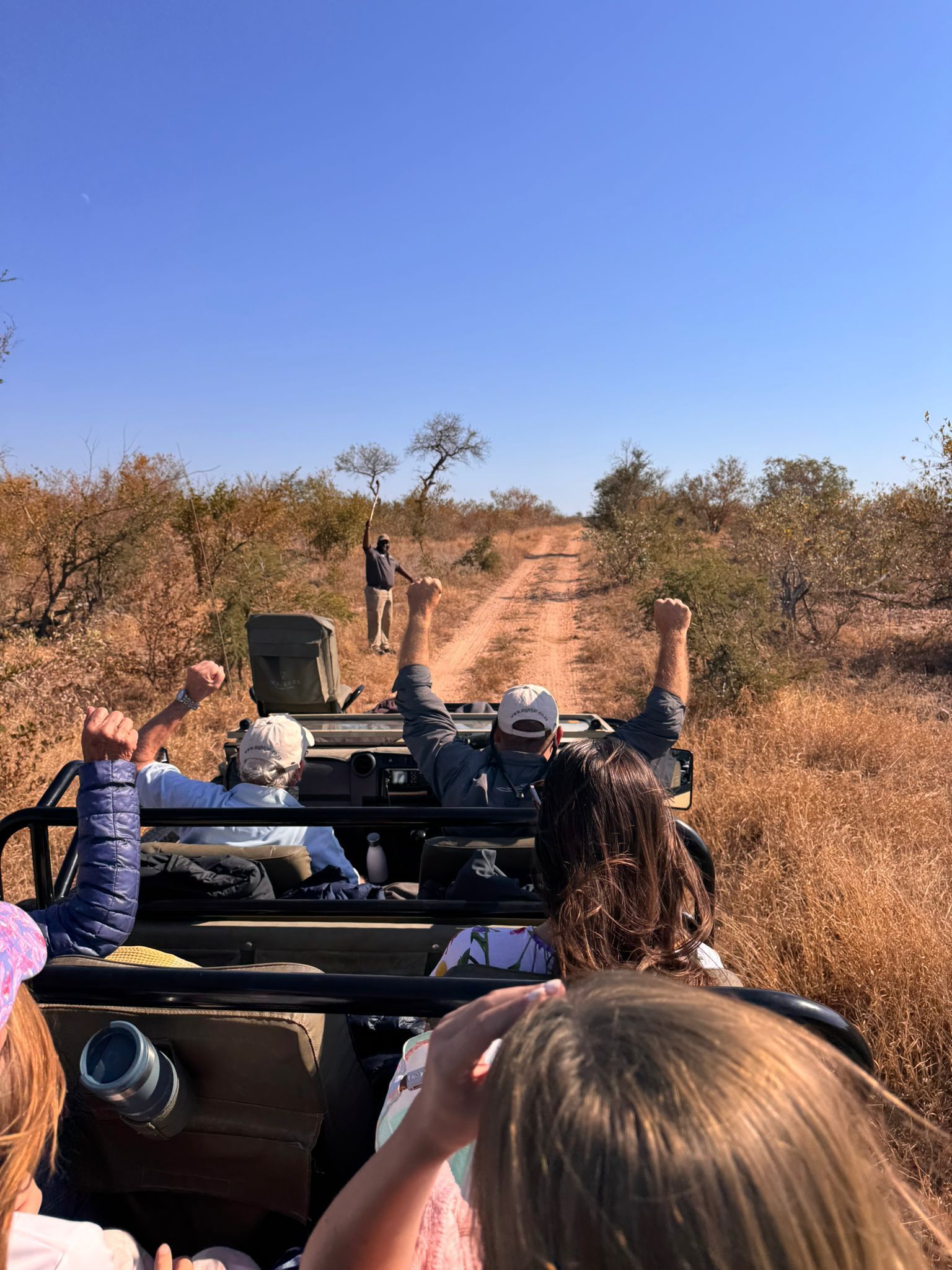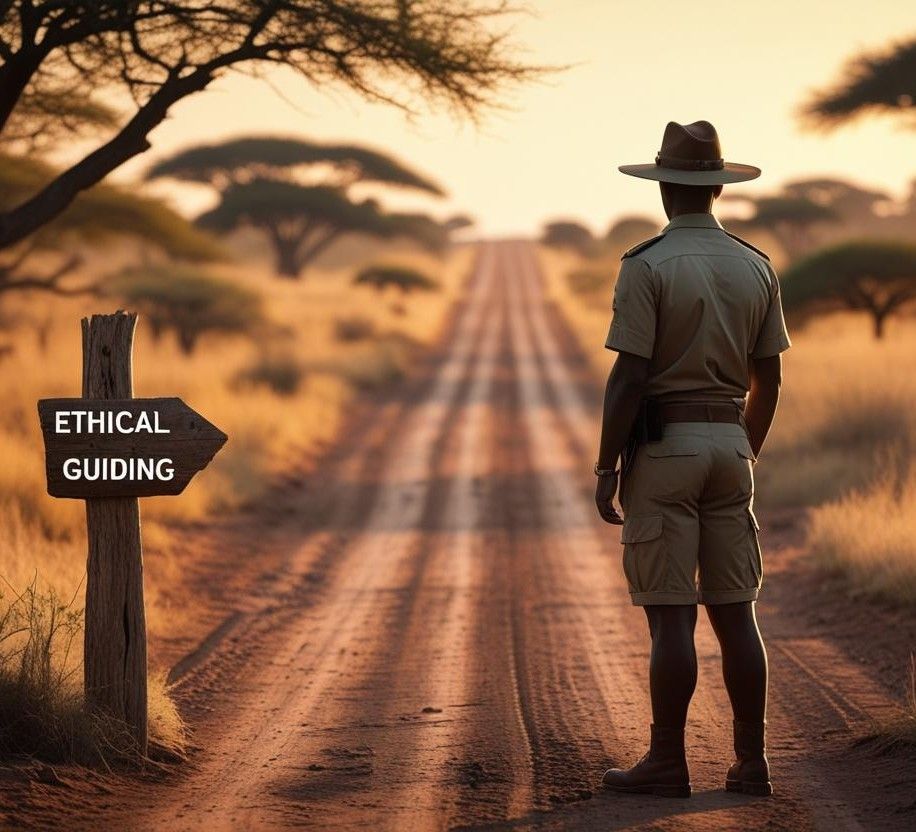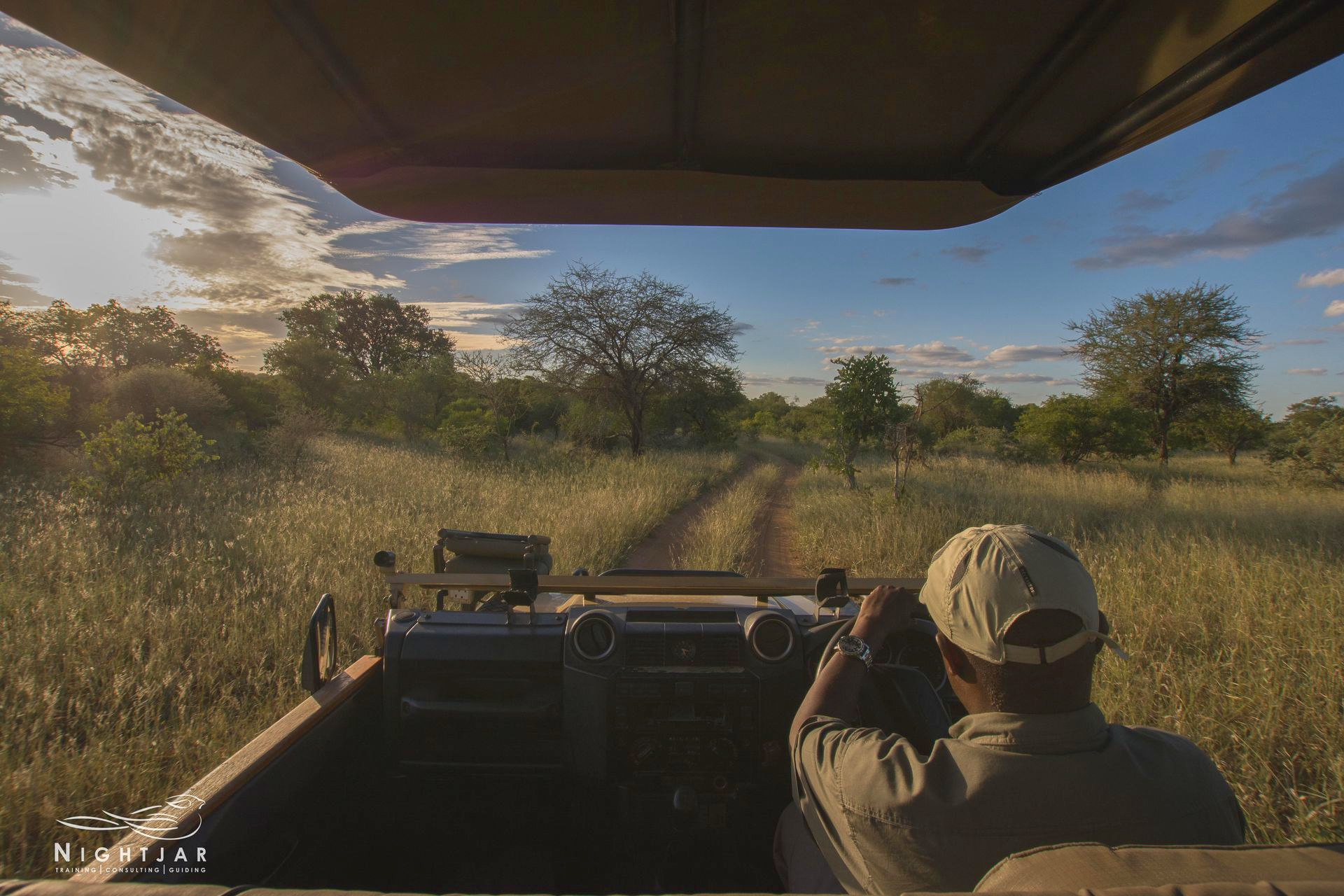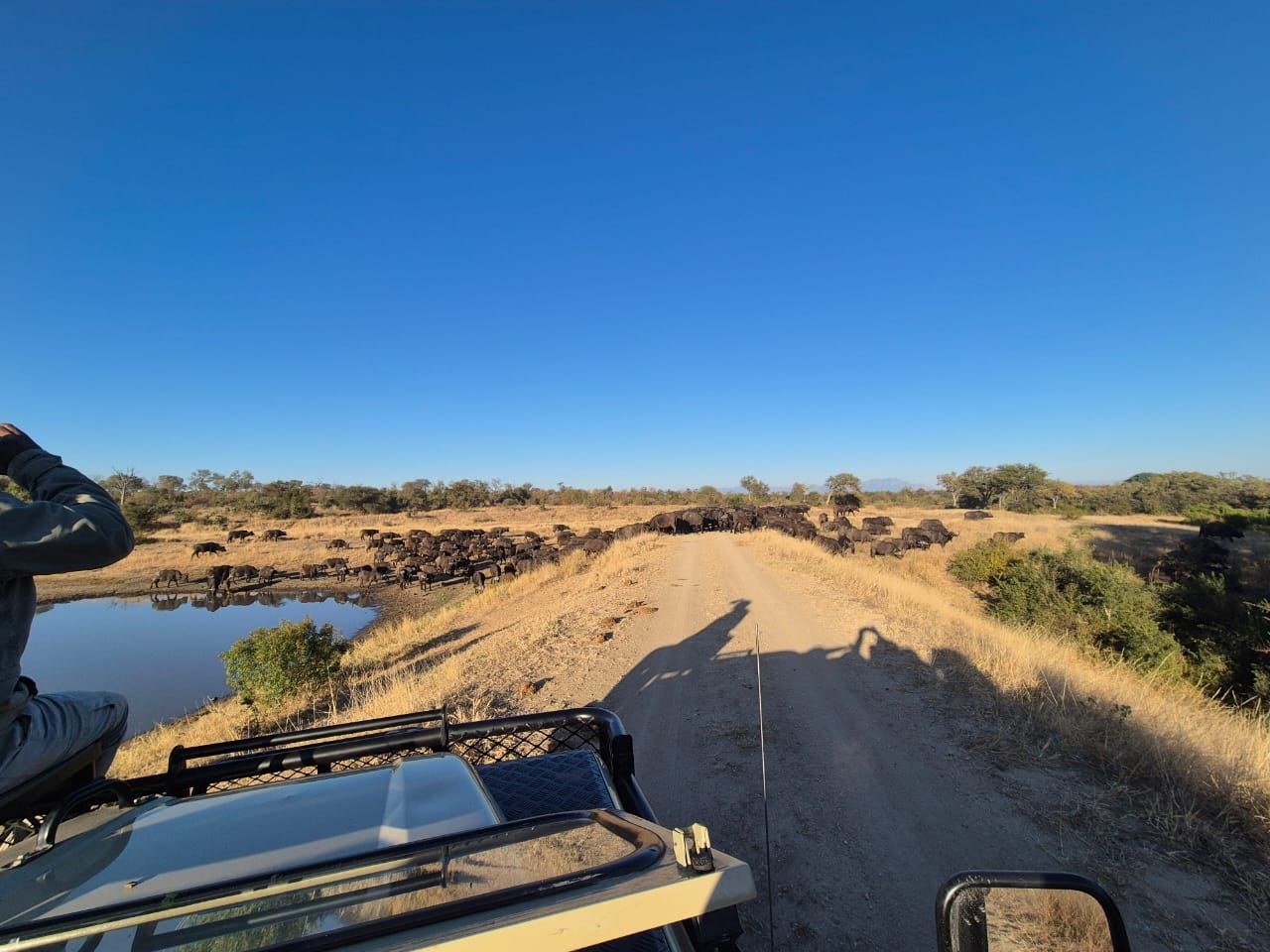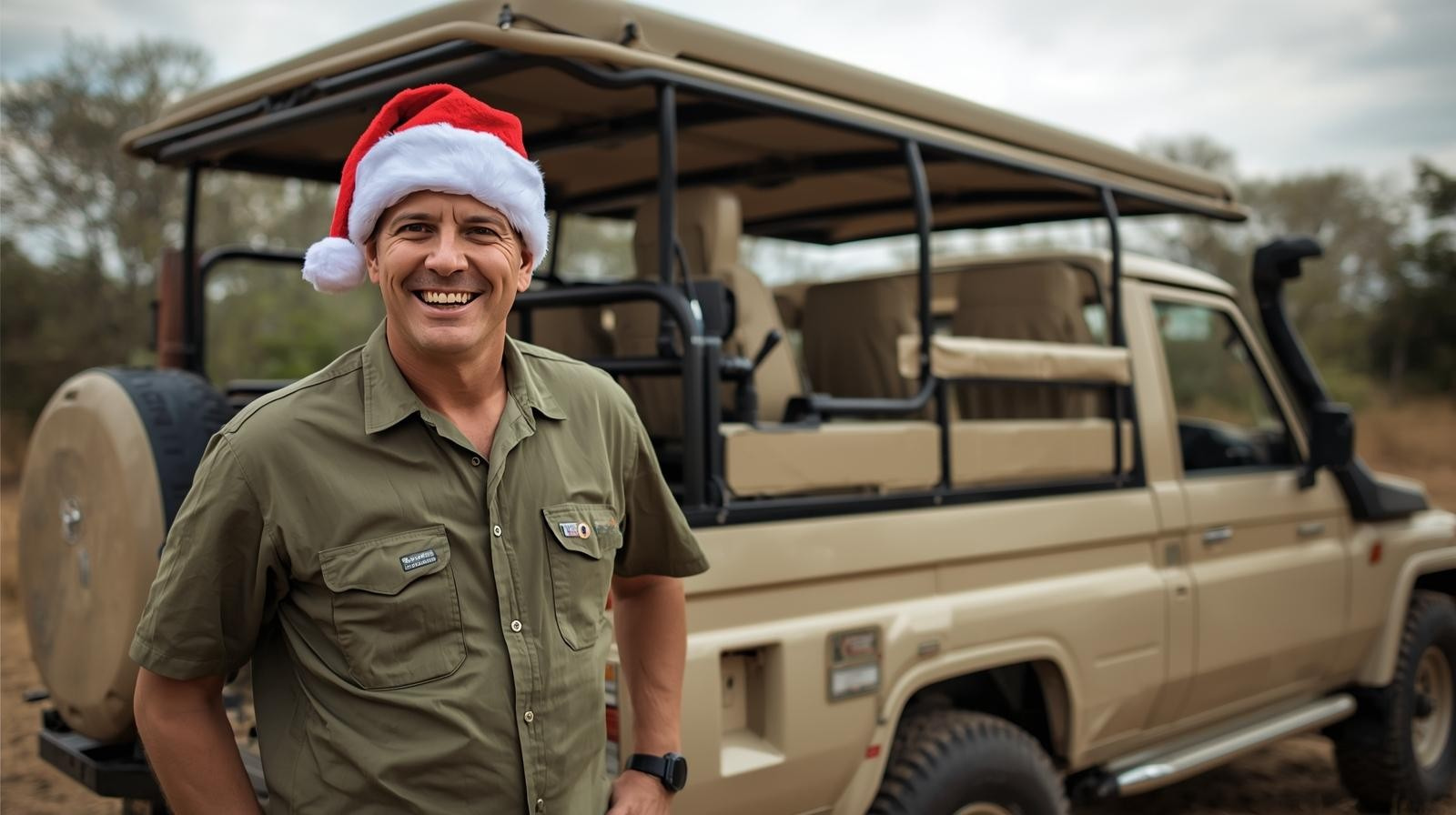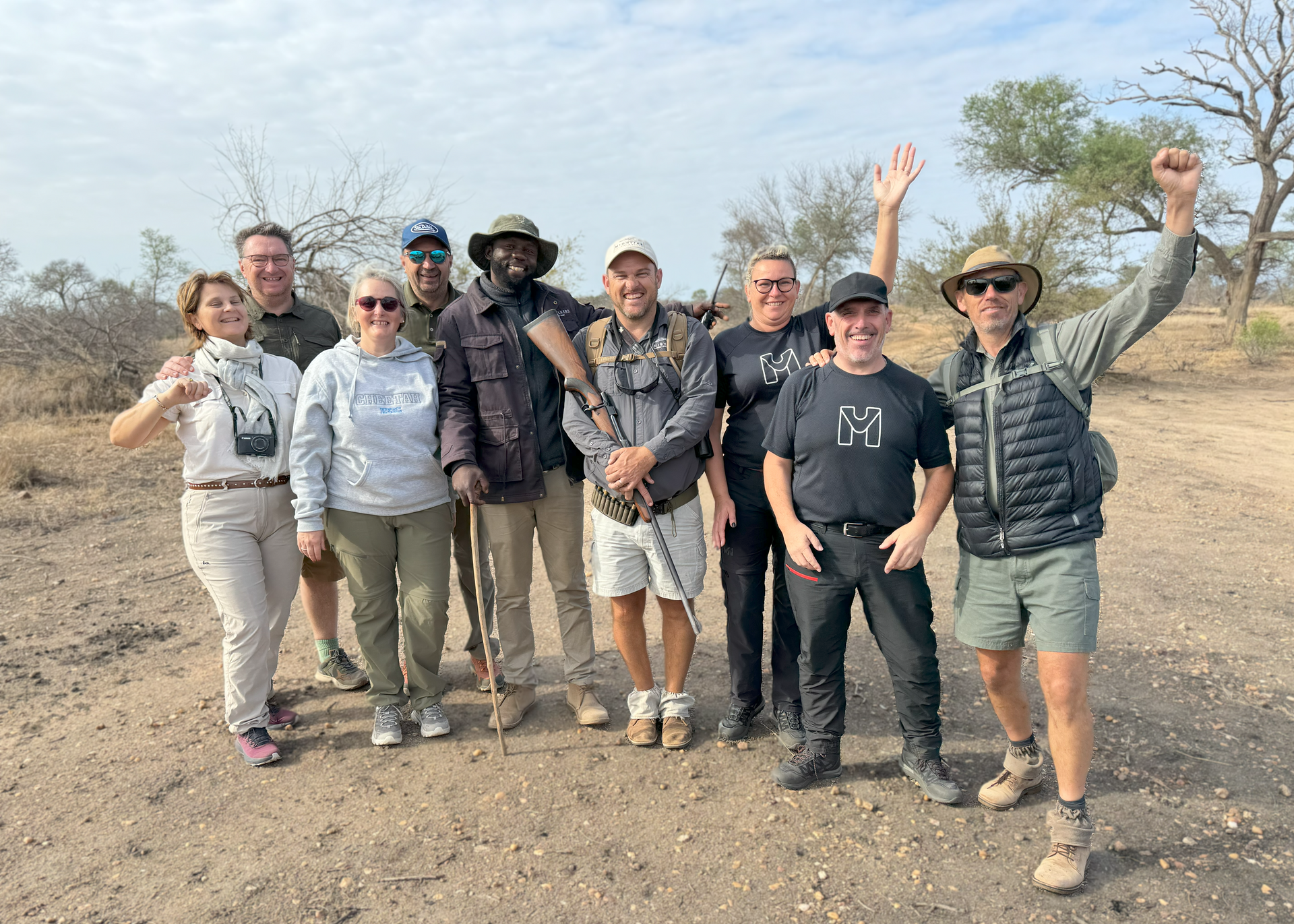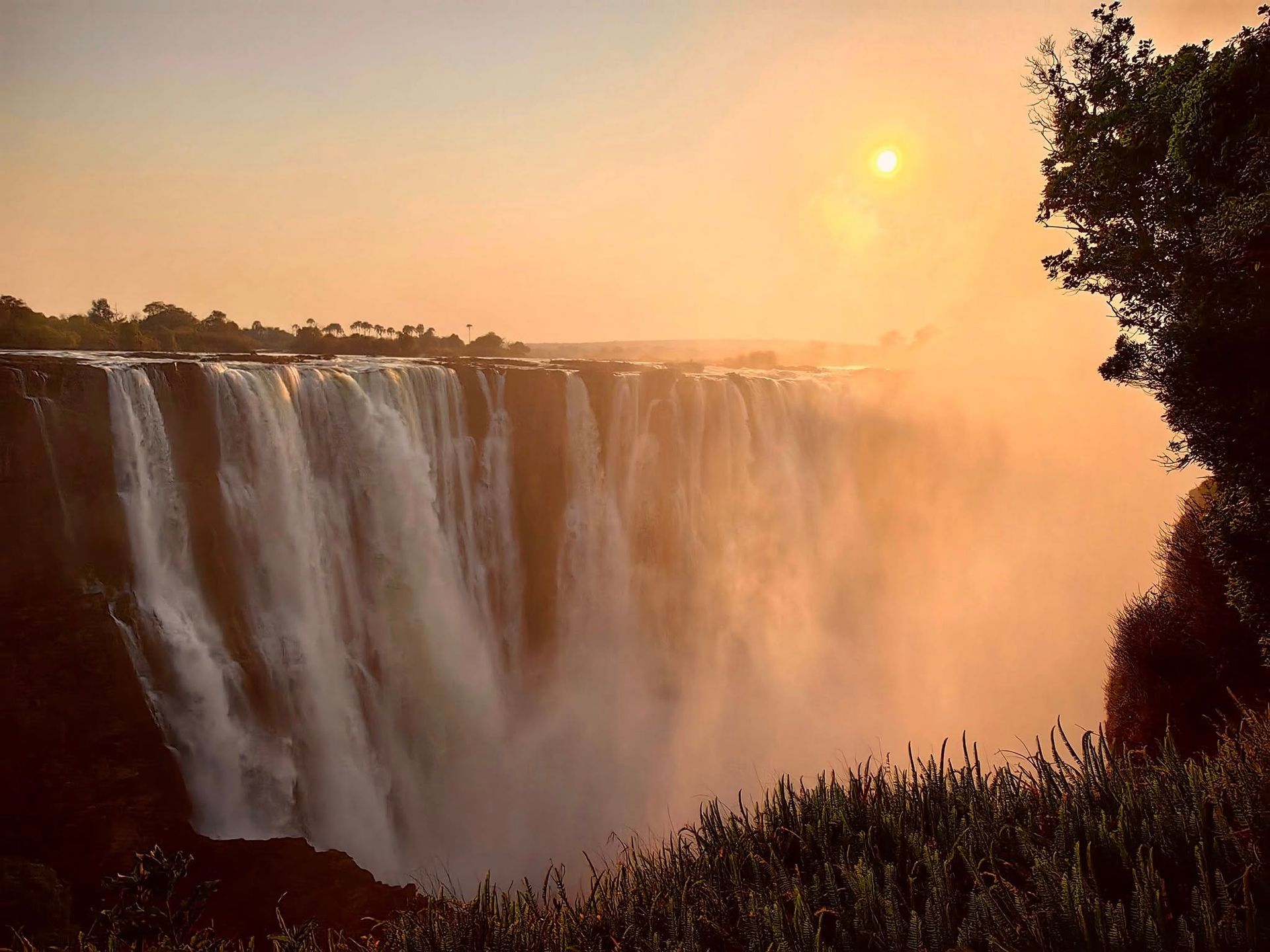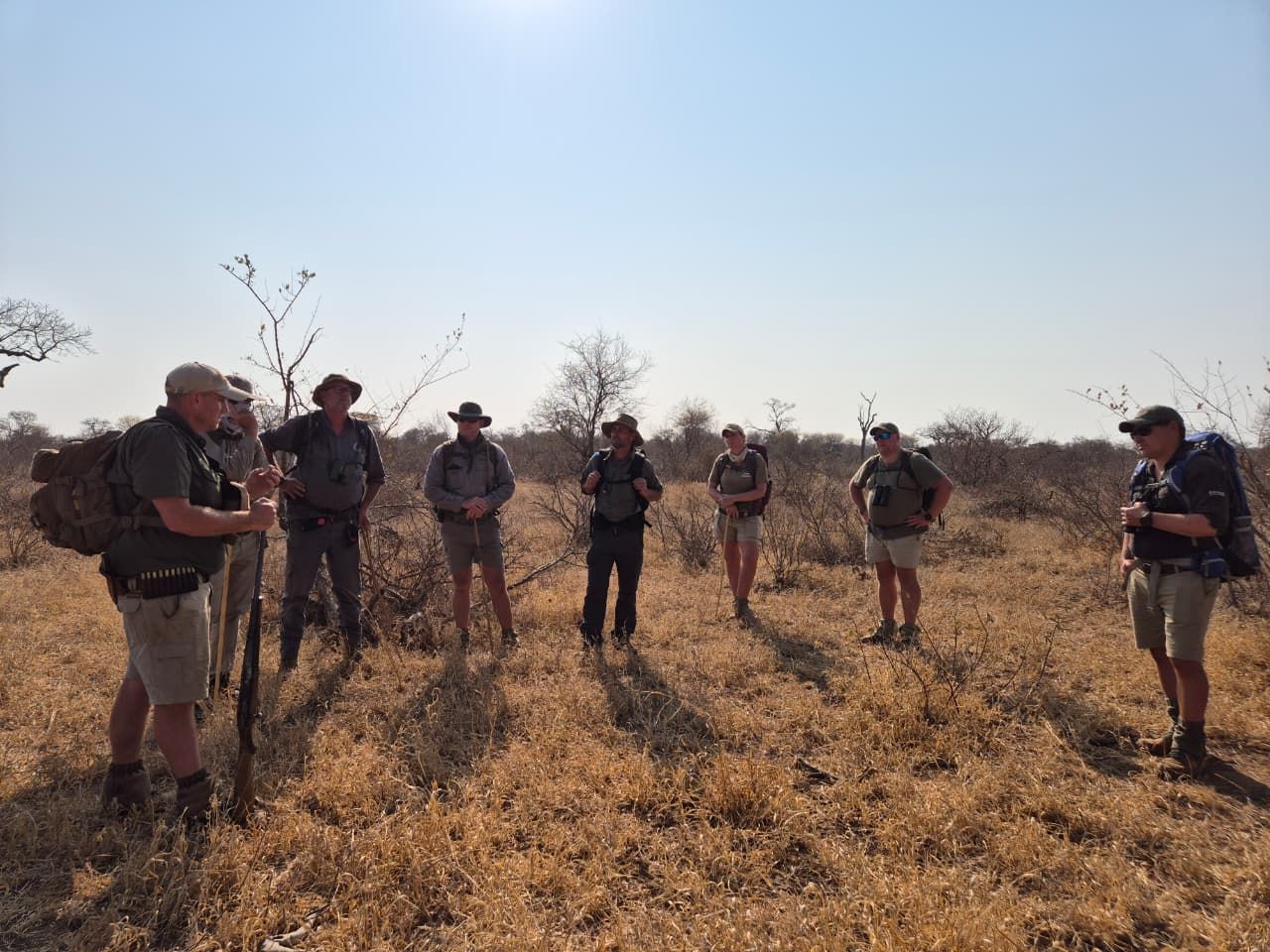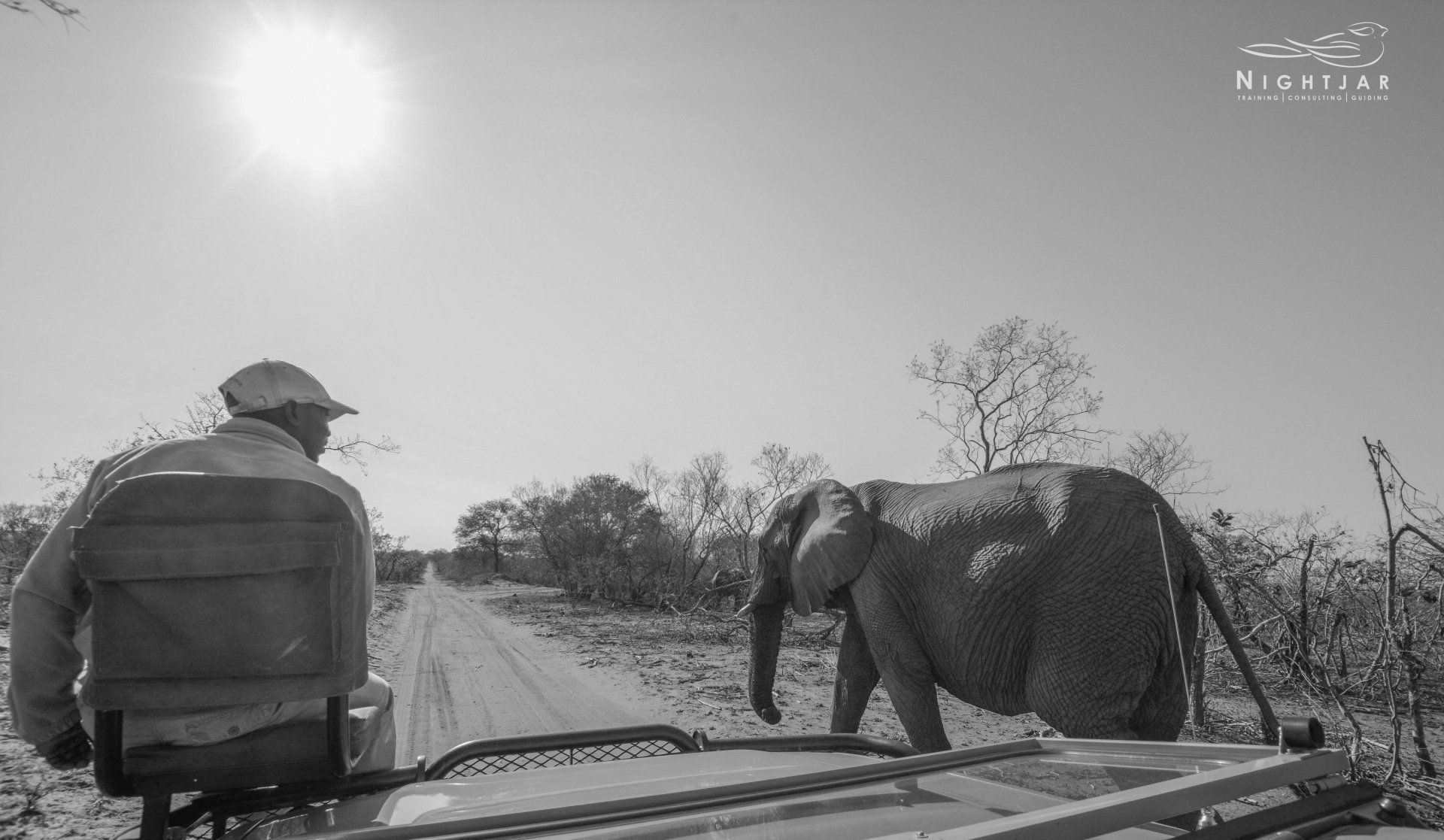At Nightjar, we believe guiding is one of the most powerful storytelling tools in conservation. But that power must be grounded in respect - for nature, for safety, for ethics.
The Hidden Cost of Unethical Guiding: Why It Hurts Wildlife, Guests & the Safari Industry
The Hidden Cost of Unethical Guiding: Why It Hurts Wildlife, Guests & the Safari Industry

We’ve all seen them — those videos & photos circulating on social media lately. A guide getting way too close to a big cat. A vehicle (or vehicles) blocking wildlife pathways. Guests being allowed to disembark and disrupt the natural order in unsafe conditions. Wildlife baited for a better view, or the perfect selfie. Elephants encouraged to approach or even touch the vehicle, all for a thrill.
They’re more than just uncomfortable to watch. They’re a signal. A signal that we need to talk - not to shame or blame, but to protect what matters most.
Unethical guiding practices don’t just damage reputations and potentially end careers; they put guests at risk, harm wildlife, undermine conservation, and chip away at everything we’ve worked so hard to protect in this industry.
These aren’t “bad apples.” These are signs of systemic strain - guides under pressure to deliver, no matter the cost. But when one guide cuts corners, the ripple effect impacts us all.
What’s the Real Cost of Unethical Guiding?
Wildlife Disturbance & Habitat Damage
Driving too close. Revving engines. Blocking animal paths. Interfering with natural animal behaviours. Going off-road in sensitive areas. Actions like these may seem minor in the moment, but they cause lasting damage.
Research from conservation areas in Kenya and South Africa shows that vehicle pressure and human proximity increase animal stress levels, alter behaviour, and even reduce reproductive success. Repeated disturbances can degrade entire ecosystems over time.
In short: when we prioritize spectacle over respect, wildlife pays the price.
Social Media Doesn’t Forget
A single reel, photo or TikTok can change the way thousands of people perceive the safari industry (and can continue to be seen for years to come). Once posted, the damage is done. The impact?
- Loss of trust from guests and tour operators
- Reputational damage to the lodge and brand
- Increased scrutiny on the broader safari industry
Studies confirm that social media is now one of the biggest drivers of public perception in ecotourism. And the public is watching closely.
Today, one guide’s mistake can become tomorrow’s global headline.
Lowering the Industry Bar
Behaviour is contagious. When guides see others rewarded for risky or unethical behaviour, it creates silent pressure to do the same and match those moments or sightings, even if it means compromising their own values. Over time, these practices become ‘normal’— and that’s where the danger lies.
Psychologists call this “moral disengagement.” When unethical actions become normalized, everyone suffers: good guides lose faith, standards drop, and integrity erodes from within.
Undermining Conservation & Community Benefits
Ethical, responsible guiding is one of the strongest arguments for wildlife tourism as a force for good.
But when guests witness unethical guiding behaviour, the entire narrative of conservation tourism begins to unravel. Over time, this can result in lost donor funding, reduced reserve support, and diminished trust in the industry’s conservation promise.
Guests are becoming more discerning and increasingly walk away from properties or reserves where ethics seem to take a back seat to ‘likes.’
Where do we go from here?
Here’s how the industry can rise together:
✅ Practical Steps for Lodge Leaders & Guides
- Reinforce ethical training regularly
- Celebrate good guiding—not just dramatic sightings
- Create safe peer-reporting structures to flag risky behaviour
- Be transparent with guests about safety and ethical viewing distances
- Support and clearly communicate codes of conduct—ensure your team understands the lodge and reserve-specific rules
✅ Practical Steps for Guides in the Field
- Familiarise yourself with your reserve’s Code of Conduct and area-specific rules (e.g. sodic sites, seep lines, no-go zones)
- Follow FGASA’s professional standards around safety, wildlife ethics, and guest interaction
- Avoid off-road driving in sensitive (incl. around termite mounds) or rehabilitating areas, especially after rainfall. Remember: off-road access is a privilege, not a right.
- Use existing tracks and the shortest possible route when off-roading is permitted; be mindful of protected and vulnerable fauna
- Proactively educate guests about ethical viewing distances, use sightings as opportunities to explain why you’re not moving closer or pressuring animals
- Model patience and restraint, don’t pursue sightings for guest content at the expense of animal wellbeing
- Participate in team debriefs and respectfully raise concerns around unsafe or unethical behaviour. Hold each other accountable.
- Watch your speed—slow driving reduces risk to both wildlife and guests
Final Word: Protect What Makes This Industry Special
A viral video might get clicks, but it’s ethical, passionate guiding that builds trust, loyalty, and long-term impact. As guides, we’re not just leading game drives—we’re shaping perceptions, stewarding wild spaces, and protecting the very resource that sustains us.
Let’s hold ourselves—and each other—to higher standards. Because when we guide with integrity, everyone wins: guests, wildlife, communities, and the future of conservation.
Guide with pride. Guide with purpose. And above all, guide with integrity.
Until next time,
Charles & The Nightjar Team
www.nightjar.co.za
